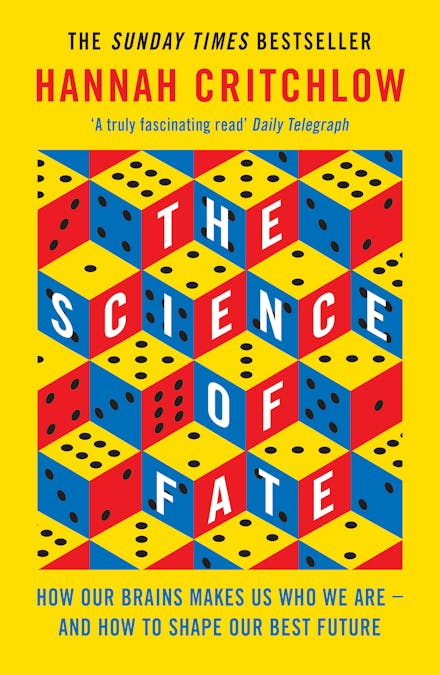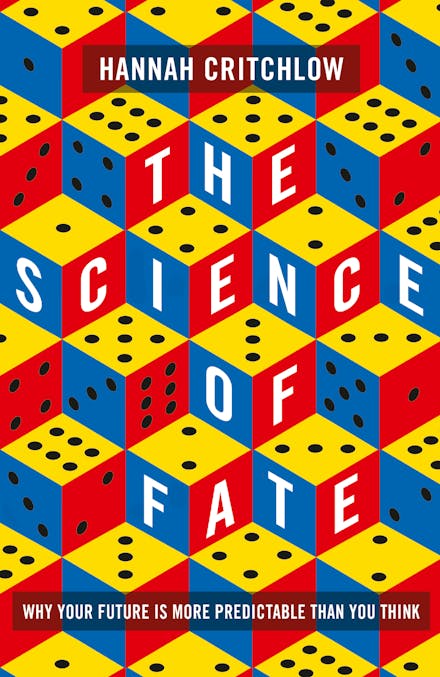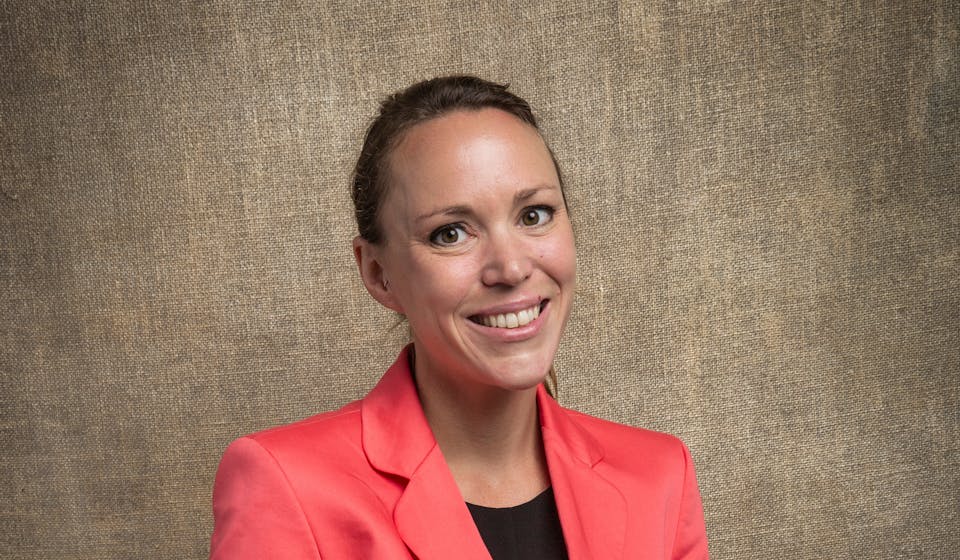Imprint
- Hodder Paperbacks
- Hodder & Stoughton
- Hodder & Stoughton
- Hodder & Stoughton
The Science of Fate: The New Science of Who We Are - And How to Shape our Best Future
Hannah Critchlow
Neurosciences
-

Imprint
Hodder Paperbacks
- Paperback Feb 9, 2021 | 9781473659315 | RRP $24.99 Buy Now
- Hardback May 2, 2019 | 9781473659285 | RRP $55.00 Buy Now
- e-Book May 2, 2019 | 9781473659308 | RRP $12.99 Buy Now
- Audiobook May 2, 2019 | 9781529310924 | RRP $35.99 Buy Now
Play Sample0:00 -

Imprint
Hodder & Stoughton
- Paperback Feb 9, 2021 | 9781473659315 | RRP $24.99 Buy Now
- Hardback May 2, 2019 | 9781473659285 | RRP $55.00 Buy Now
- e-Book May 2, 2019 | 9781473659308 | RRP $12.99 Buy Now
- Audiobook May 2, 2019 | 9781529310924 | RRP $35.99 Buy Now
Play Sample0:00 -

Imprint
Hodder & Stoughton
- Paperback Feb 9, 2021 | 9781473659315 | RRP $24.99 Buy Now
- Hardback May 2, 2019 | 9781473659285 | RRP $55.00 Buy Now
- e-Book May 2, 2019 | 9781473659308 | RRP $12.99 Buy Now
- Audiobook May 2, 2019 | 9781529310924 | RRP $35.99 Buy Now
Play Sample0:00 -

Imprint
Hodder & Stoughton
- Paperback Feb 9, 2021 | 9781473659315 | RRP $24.99 Buy Now
- Hardback May 2, 2019 | 9781473659285 | RRP $55.00 Buy Now
- e-Book May 2, 2019 | 9781473659308 | RRP $12.99 Buy Now
- Audiobook May 2, 2019 | 9781529310924 | RRP $35.99 Buy Now
Play Sample0:00
Are we really the masters of our own destiny? Neuroscientist Hannah Critchlow shows how far our future is already hardwired in our brains. Like SAPIENS and THINKING FAST AND SLOW, THE SCIENCE OF FATE revolutionises the way we understand our species and ourselves.
'A truly fascinating - if unnerving - read'
The Telegraph
'Acute, mind-opening, highly accessible - this book doesn't just explain how our lives might pan out, it helps us live better'
Bettany Hughes
'A humane and highly readable account of the neuroscience that underpins our ideas of free will and fate'
Professor David Runciman
So many of us believe that we are free to shape our own destiny. But what if free will doesn't exist? What if our lives are largely predetermined, hardwired in our brains - and our choices over what we eat, who we fall in love with, even what we believe are not real choices at all?
Neuroscience is challenging everything we think we know about ourselves, revealing how we make decisions and form our own reality, unaware of the role of our unconscious minds. Did you know, for example, that:
* You can carry anxieties and phobias across generations of your family?
* Your genes and pleasure and reward receptors in your brain will determine how much you eat?
* We can sniff out ideal partners with genes that give our offspring the best chance of survival?
Leading neuroscientist Hannah Critchlow draws vividly from everyday life and other experts in their field to show the extraordinary potential, as well as dangers, which come with being able to predict our likely futures - and looking at how we can alter what's in store for us.
Lucid, illuminating, awe-inspiring THE SCIENCE OF FATE revolutionises our understanding of who we are - and empowers us to help shape a better future for ourselves and the wider world.

Hannah Critchlow
Dr Hannah Critchlow is the Science Outreach Fellow at Magdalene College, University of Cambridge, and has been named a Top 100 UK Scientist by the Science Council for her work in science communication. Mentioned by Nature magazine as a rising star in the life sciences in 2019, she is listed as one of the University of Cambridge's 'inspirational and successful women in science' and appears regularly on TV, radio and at festivals to discuss and explore the brain.


























.png?auto=compress&w=150&h=60&fit=crop&fm=jpg)
.png?auto=compress&w=150&h=60&fit=crop&fm=jpg)



